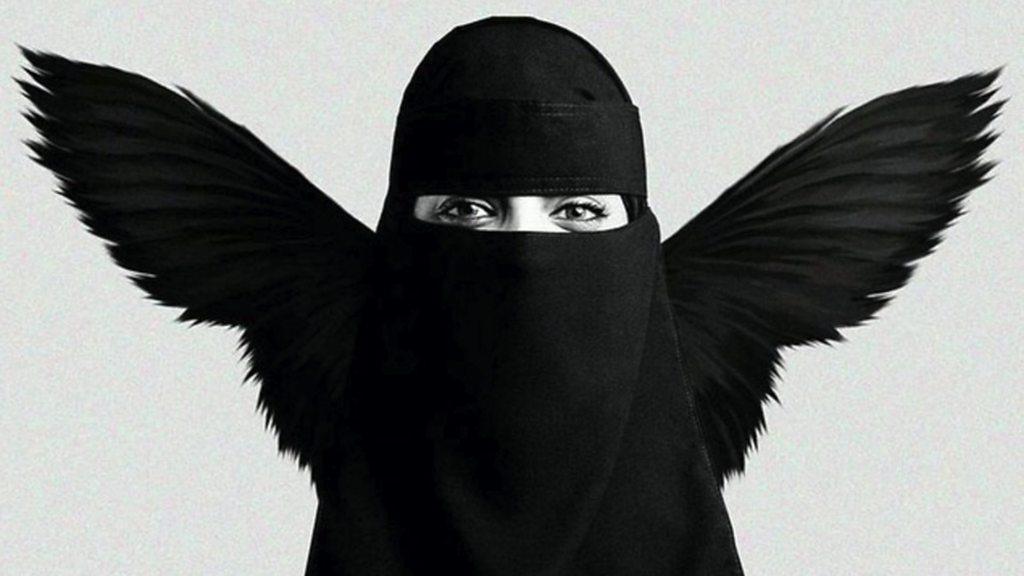Norway to ban full-face veil in nurseries, schools and universities
- Published
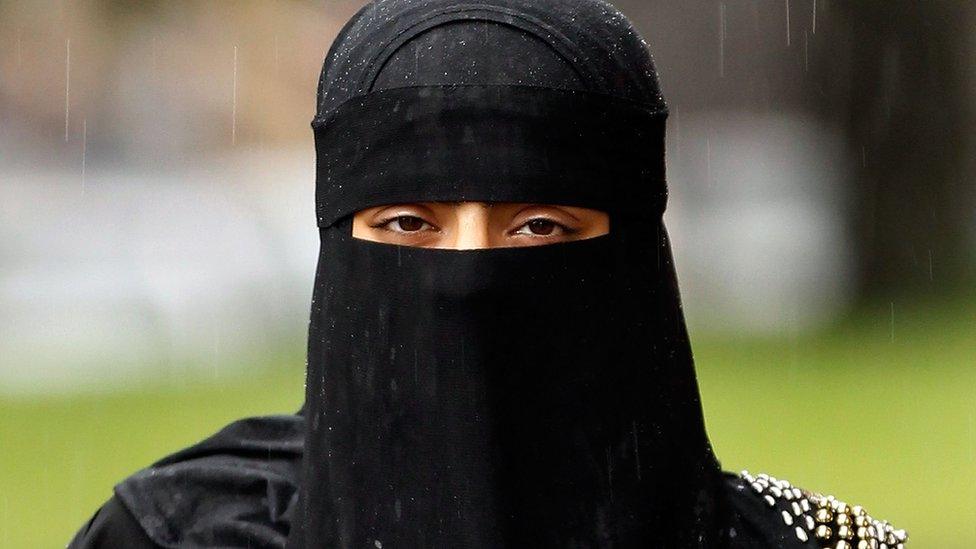
Critics say the law is not necessary because the niqab is not widely worn
Norway is proposing a ban on the Muslim full face veil and other face-covering clothing because it says it hinders communication between pupils and teachers.
The ban, the first in Scandinavia, targets the niqab as well as burqas, balaclavas and masks, and would apply in nurseries, schools and universities.
However headscarves, hats and caps could continue to be worn.
Most parties support the bill, which is expected to pass next year.
"These clothes prevent good communication, which is important for students to receive a good education," Minister of Education and Research Torbjorn Roe Isaksen said in a statement.
Interim Minister of Immigration and Integration Per Sandberg said being able to communicate with one another was a "fundamental value".
Local authorities in Norway can already ban the full-face veil in schools but there is no national policy.
However critics have questioned the bill's relevance given that the full-face veil is not widely worn in Norway,
"There are very, very few who use the niqab, so this is marginal problem in the integration context. Therefore, I believe the proposal is not necessary," Linda Noor of the Minotenk think tank, which focuses on minority issues, told, external broadcaster NRK.
Earlier this year a Muslim group, the Islamic Council of Norway, sparked controversy after hiring a communications officer who wore the niqab.
The Islamic Council - which had received government grants to improve interfaith dialogue - was criticised by the culture minister, Muslim MPs and other Muslim organisations.
It defended the move, saying Leyla Hasic was the best person for the job.
- Published29 March 2017
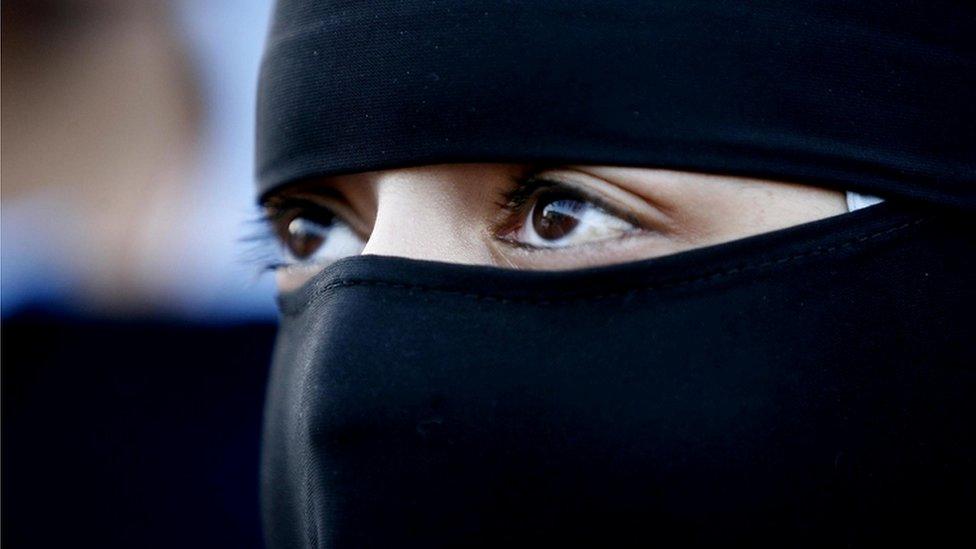
- Published31 May 2018
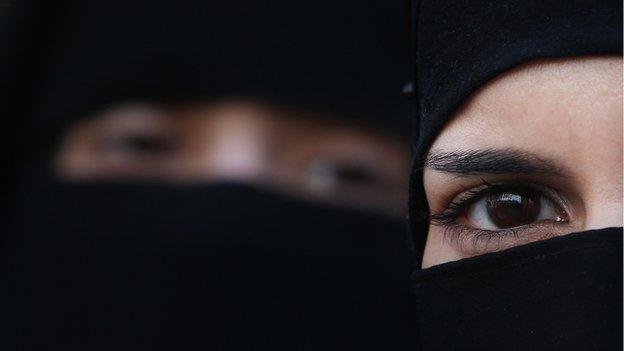
- Published31 January 2017
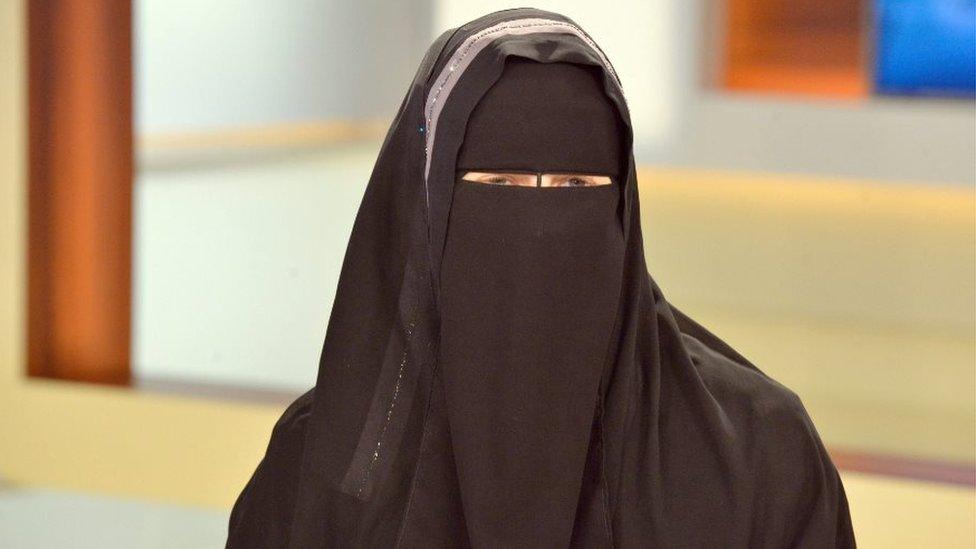
- Published22 December 2016
